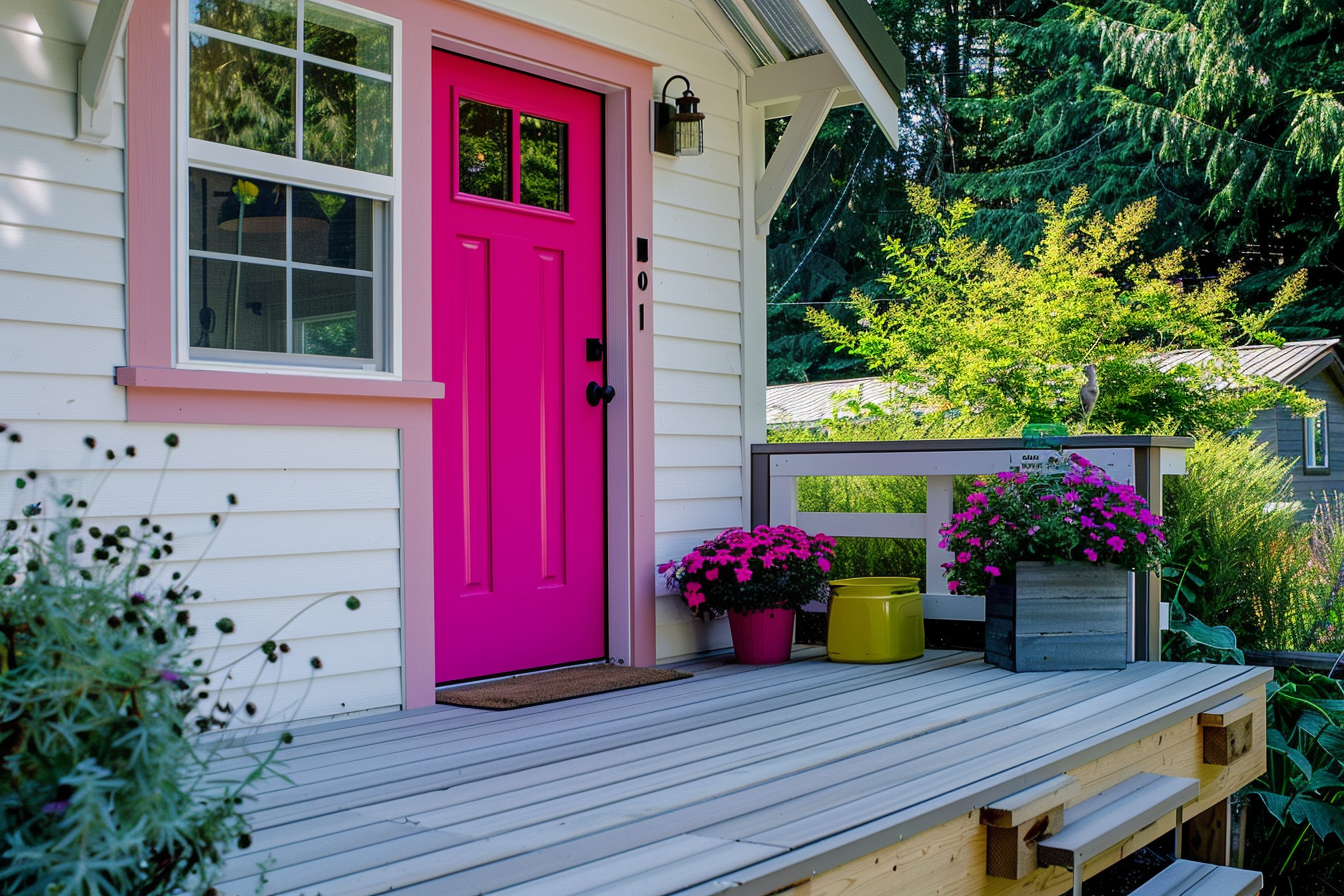As a homeowner, it’s essential to have a basic understanding of plumbing. Knowing how to handle minor repairs and maintenance can save you a lot of money and hassle in the long run. In this article, we’ll cover some essential plumbing skills that every homeowner should have in their toolkit.
1. Fixing a Leaky Faucet
A leaky faucet might seem like a minor issue, but it can waste a significant amount of water and drive up your utility bills. To fix a leaky faucet, you’ll need to replace the washers or cartridges inside the faucet. This is a relatively simple task that can be done with basic tools like pliers and a wrench.
2. Unclogging Drains
Clogged drains are a common problem in any household. Before calling a plumber, try using a plunger or a drain snake to clear the blockage. If that doesn’t work, you can use a safe drain cleaner or a mixture of baking soda and vinegar to break down the clog.
3. Toilet Repairs
Unclogging a Toilet
A clogged toilet can be a real hassle, but it’s often an easy fix. Start by using a plunger to try and dislodge the clog. If that doesn’t work, you can try using a closet auger or a wire coat hanger to break up the blockage.
Fixing a Running Toilet
If your toilet keeps running after flushing, it could be wasting gallons of water each day. This issue is usually caused by a faulty flapper or fill valve. To fix it, turn off the water supply to the toilet, flush to drain the tank, and replace the faulty component with a new one.
4. Insulating Pipes
Insulating your pipes can help prevent them from freezing during the winter months, which can lead to bursts and costly repairs. Pipe insulation is inexpensive and easy to install. Simply measure the length of pipe you need to insulate, cut the insulation to size, and secure it in place with pipe wrap or tape.
5. Shutting Off Water Supply
Knowing how to shut off the water supply to your home is an essential skill. In case of a plumbing emergency, you’ll need to act quickly to prevent water damage. Locate the main water shut-off valve, typically near the water meter or where the main line enters the house, and learn how to turn it off.
By mastering these basic plumbing skills, you’ll be better equipped to handle minor issues around your home. Not only will you save money by avoiding costly plumber fees, but you’ll also gain a sense of empowerment and self-reliance. Remember, safety should always be a top priority when working with plumbing, and if you’re ever unsure or uncomfortable with a task, don’t hesitate to call a professional.




